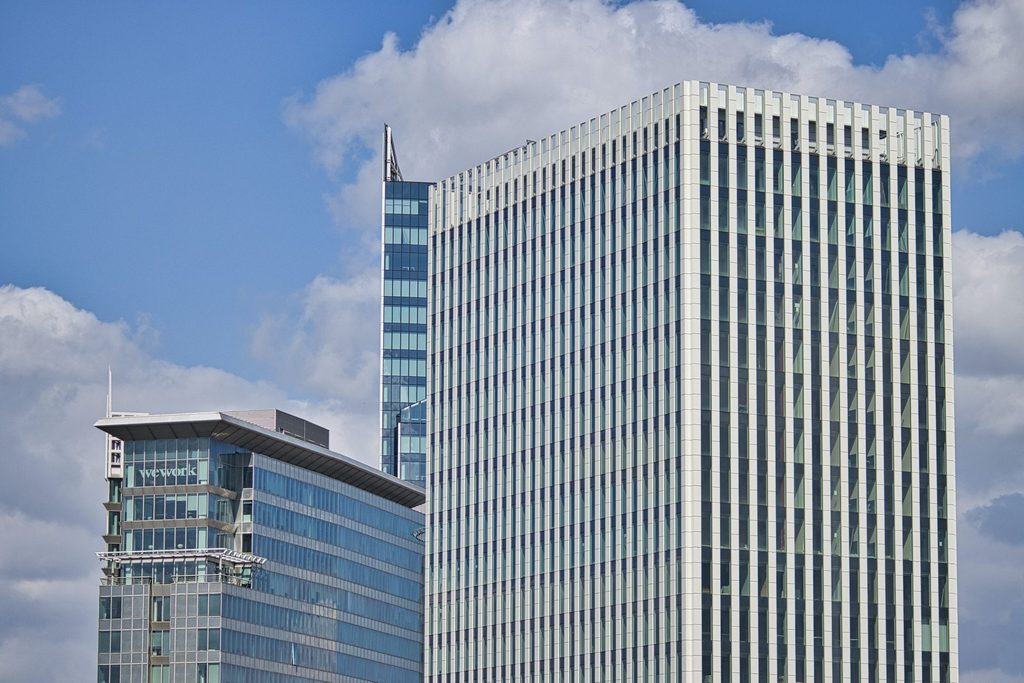Corporate leaders from Belgium and other European states have been accused by Europe's major trade union organisation of "asset-stripping" the continent's economy by reaping record profits while reducing investment.
In an analysis published on Monday, the European Trade Union Confederation (ETUC) reported that since 2019, corporations across the EU have on average increased their profit share by 4%. At the same time gross investment has fallen by 5%. In Belgium, the corporate profit share grew by 5% while the gross investment rate declined by 2%.
The study also noted that the growing profit share of corporations "automatically" entails that workers receive a lower proportion of their company's net revenue. This exacerbates Europe's already soaring levels of economic inequality.
"These figures show there has been a complete breakdown in any sense of corporate responsibility in Europe's boardrooms," said ETUC General Secretary Esther Lynch. "Bosses are quietly asset-stripping our economy."
'CEOs have siphoned off profits'
Lynch further warned that this corporate practice of "siphon[ing] profits out of the economy" could backfire in the coming months, as Europe's economy falters amid persistently high inflation and record European Central Bank (ECB) interest rates.
"CEOs are failing in their responsibility to fix the roof while the sun is shining, leaving companies at a greater risk of collapse if a recession hits next year as a result of the ECB's record interest rate hikes."
Echoing remarks made to The Brussels Times last month, Lynch explicitly accused companies of taking "advantage of supply problems caused by the pandemic and the war in Ukraine to unduly increase their profit margins": a practice commonly referred to as "greedflation".
Moreover, Lynch pointed out that price rises over the last two years have already severely reduced the real value of European workers' wages, and that declining investments will almost certainly lead to an increasing scarcity of high-quality jobs in the future.

ETUC General Secretary Esther Lynch. Credit: Facebook / ETUC
To address the problem, Lynch called on European policymakers to pass legislation that would strengthen collective bargaining, incentivise businesses to create high-quality jobs, and impose windfall taxes on companies' excess profits.
"European and national leaders need to stop the hollowing out of our economy and back collective bargaining as the best way to restore some balance between boardrooms and workers," she said.
Related News
- 'ECB must bring its actions in line with own analysis', union head claims
- Greedflation cost the average Belgian €3,200 in two years, study finds
The latest study follows a similar ETUC report published last month, which found that corporate dividends increased almost three times as much as wages in Europe last year.
Data cited by the study also revealed that $3.1 billion was paid out to Belgian shareholders in just the second quarter of this year – $1 billion more than the same period in 2020.

